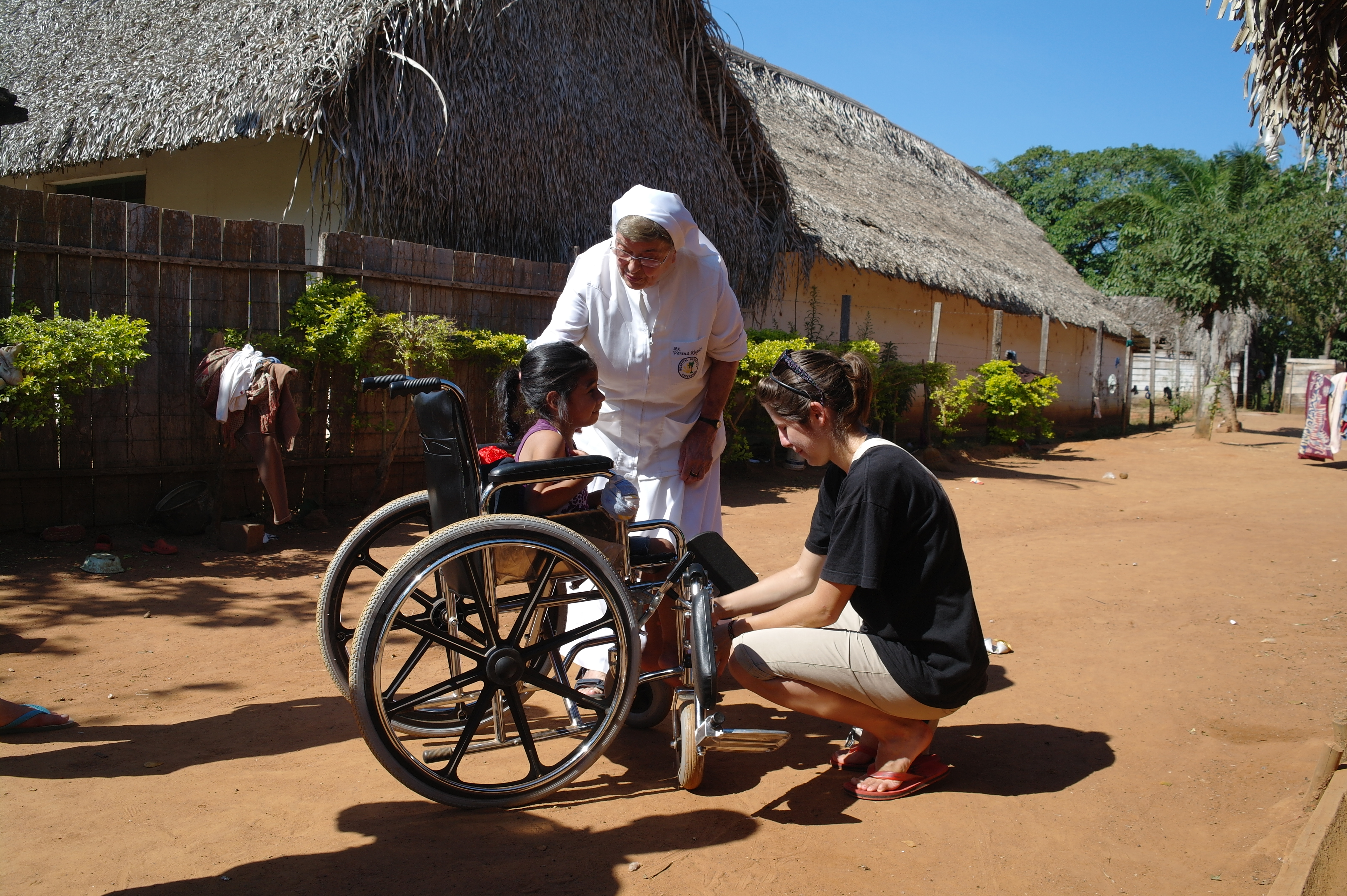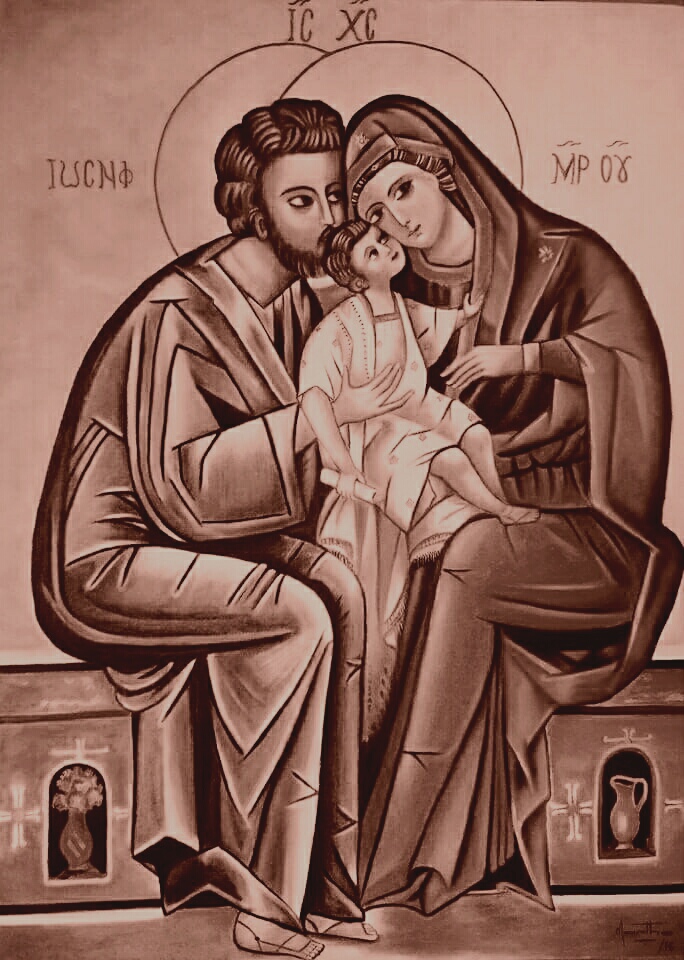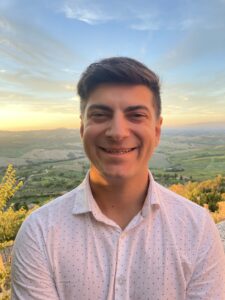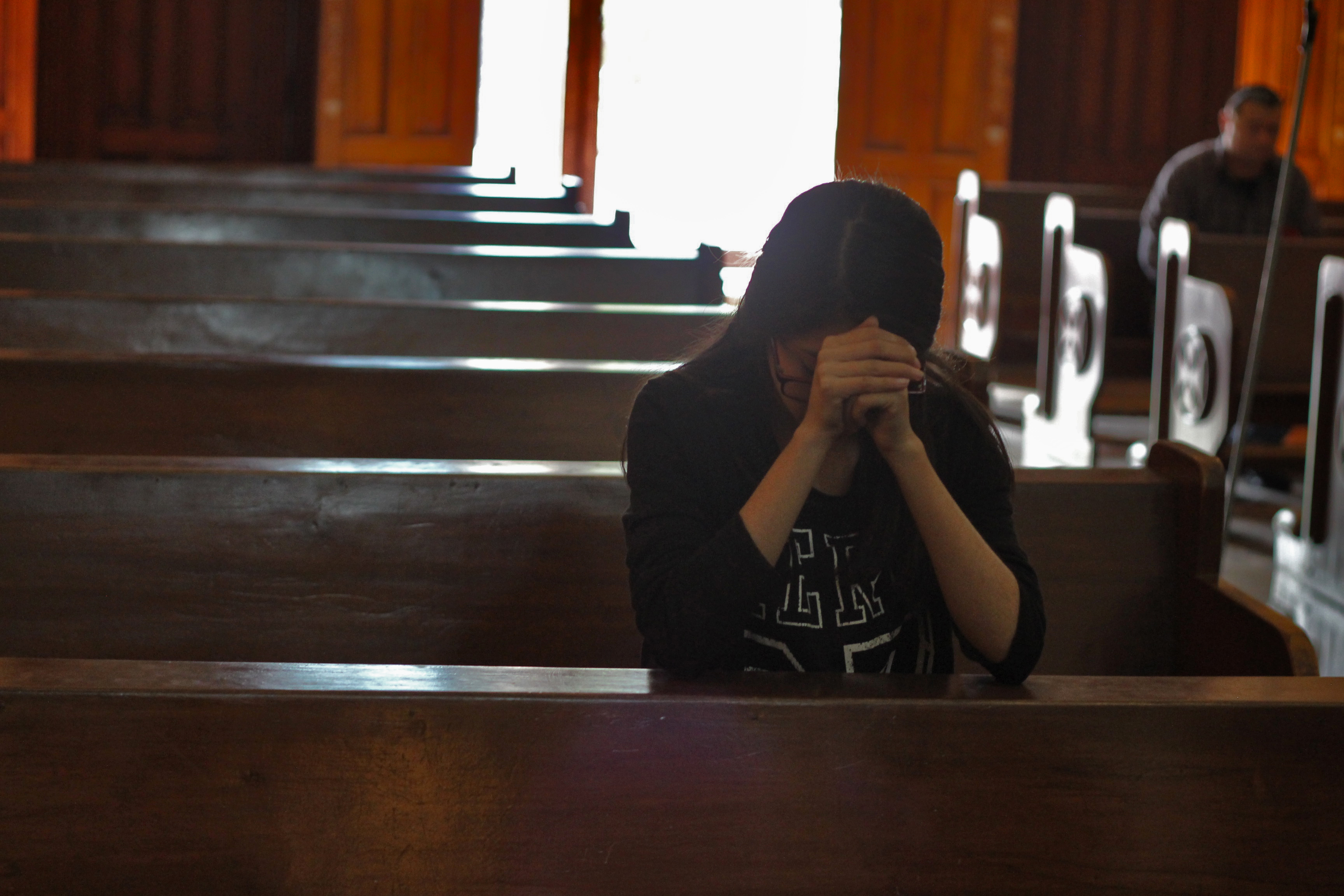Balancing work and rest sometimes sways off-kelter, especially in a world where Sunday no longer holds a place of honor and self-serving ambition is worshiped. However, God has not abolished the Fourth Commandment, “Keep Holy the Sabbath Day.” This topic is discretely nestled in today’s Gospel, particularly in the eyebrow-lifting statement by Jesus, “My Father is working, still; and I am working” (John 5:17). The Pharisees were not only indignant that Jesus was breaking the rules of the Sabbath but also that He was claiming equality with God. Wait, how can God create a Commandment that seemingly contradicts?
First, the gift of a day of rest was not designed for God but for us. Next, in my opinion, it all comes down to context, perception, and motive. The Ignatius Press Didache Bible says this of John 5:17, “To imitate God on the Sabbath; was to continue to do good works” (p. 1418). Rest is essential, clearly, or why else would God command us to find time to prioritize it? However, the most essential aspect of that Commandment is making the Sabbath holy and the day the Lord’s. As the Catechism of the Catholic Church explains, “Just as God ‘rested on the seventh day from all his work which he had done,’ human life has a rhythm of work and rest. The institution of the Lord’s Day helps everyone enjoy adequate rest and leisure to cultivate their familial, cultural, social, and religious lives” (2184).
How have we made the Sabbath a time to honor the Lord during this fourth week of Lent? Have we used this day to further our Lenten works of prayer, fasting, and almsgiving? Are we imitating the Lord by taking time away from our typical bustling to do good works? Can we rest from doing what we want to do or feel we ought to be doing to make space in our lives for God to cultivate blessings we can not yet even imagine?
Equilibrar el trabajo y el descanso a veces se desvía, especialmente en un mundo donde el domingo ya no ocupa un lugar de honor y se adora la ambición egoísta. Sin embargo, Dios no ha abolido el Cuarto Mandamiento, “Santificar el Día de Reposo”. Este tema está discretamente ubicado en el Evangelio de hoy, particularmente en la asombrada declaración de Jesús: “Mi Padre trabaja siempre y yo también trabajo” (Juan 5:17). Los fariseos no solo estaban indignados porque Jesús estaba quebrantando las reglas del sábado, sino también porque estaba afirmando ser igual a Dios. Espera, ¿cómo puede Dios crear un mandamiento que aparentemente contradice?
Primero, el regalo de un día de descanso no fue diseñado para Dios sino para nosotros. A continuación, en mi opinión, todo se reduce al contexto, la percepción y el motivo. La Biblia Didache de Ignatius Press dice esto de Juan 5:17: “Imitar a Dios en el sábado era continuar haciendo buenas obras” (p. 1418). El descanso es esencial, claramente, o ¿por qué Dios nos ordenaría encontrar tiempo para priorizarlo? Sin embargo, el aspecto más esencial de ese Mandamiento es santificar el sábado y el día del Señor. Como explica el Catecismo de la Iglesia Católica, “Así como Dios ‘cesó el día séptimo de toda la tarea que había hecho’ (Gn 2, 2), así también la vida humana sigue un ritmo de trabajo y descanso. La institución del día del Señor contribuye a que todos disfruten del tiempo de descanso y de solaz suficiente que les permita cultivar su vida familiar, cultural, social y religiosa (cf GS 67, 3).” (CIC 2184).
¿Cómo hemos hecho del sábado un tiempo para honrar al Señor durante esta cuarta semana de Cuaresma? ¿Hemos usado este día para promover nuestras obras cuaresmales de oración, ayuno y limosna? ¿Estamos imitando al Señor quitando tiempo de nuestro ajetreo típico para hacer buenas obras? ¿Podemos descansar de hacer lo que queremos hacer o sentimos que deberíamos estar haciendo algo para hacer espacio en nuestras vidas para que Dios cultive bendiciones que aún ni siquiera podemos imaginar?
 Allison Gingras ( www.ReconciledToYou.com ) — Shares her love of the Catholic Faith with stories, laughter, and honesty as experienced in the ordinary of life! Her writing includes Encountering Signs of Faith (Ave Maria Press) and the Stay Connected Journals for Women (OSV). Allison is a Catholic Digital Media Specialist for Family Rosary, Catholic Mom, and the Fall River Diocese. She hosts A Seeking Heart podcast and is co-host of the Catholic Momcast podcast.
Allison Gingras ( www.ReconciledToYou.com ) — Shares her love of the Catholic Faith with stories, laughter, and honesty as experienced in the ordinary of life! Her writing includes Encountering Signs of Faith (Ave Maria Press) and the Stay Connected Journals for Women (OSV). Allison is a Catholic Digital Media Specialist for Family Rosary, Catholic Mom, and the Fall River Diocese. She hosts A Seeking Heart podcast and is co-host of the Catholic Momcast podcast.Feature Image Credit: kasper, https://cathopic.com/photo/8742-voluntarios-catolicos-en-mision
The views and opinions expressed in the Inspiration Daily blog are solely those of the original authors and contributors. These views and opinions do not necessarily represent those of Diocesan, the Diocesan staff, or other contributors to this blog.




 Dakota lives in Denver, CO with her husband, Ralph, and their two sons, Alfie & Theophilus. She is the Dean of Enrollment Management for Bishop Machebeuf High School where her husband also teaches. You can find Dakota at the zoo or a brewery with her family or with her nose in a book at home. For more of Dakota’s writing check out
Dakota lives in Denver, CO with her husband, Ralph, and their two sons, Alfie & Theophilus. She is the Dean of Enrollment Management for Bishop Machebeuf High School where her husband also teaches. You can find Dakota at the zoo or a brewery with her family or with her nose in a book at home. For more of Dakota’s writing check out 
 Arthur Richardson is married to his wonderful wife, Gabby Richardson. Most of his work experience is in ministry. He was a retreat missionary in Wisconsin for two years and a youth minister for three years. He is now the Web Project Manager here at Diocesan, and loves it!
Arthur Richardson is married to his wonderful wife, Gabby Richardson. Most of his work experience is in ministry. He was a retreat missionary in Wisconsin for two years and a youth minister for three years. He is now the Web Project Manager here at Diocesan, and loves it!
 Mike Karpus is a regular guy. He grew up in Michigan’s Upper Peninsula, graduated from Michigan State University and works as an editor. He is married to a Catholic school principal, raised two daughters who became Catholic school teachers at points in their careers, and now relishes his two grandchildren, including the older one who is fascinated with learning about his faith. He also has served on a Catholic school board, a pastoral council and a parish stewardship committee. He currently is a lector at Mass, a Knight of Columbus, Adult Faith Formation Committee member and a board member of the local Habitat for Humanity organization. But mostly he’s a regular guy.
Mike Karpus is a regular guy. He grew up in Michigan’s Upper Peninsula, graduated from Michigan State University and works as an editor. He is married to a Catholic school principal, raised two daughters who became Catholic school teachers at points in their careers, and now relishes his two grandchildren, including the older one who is fascinated with learning about his faith. He also has served on a Catholic school board, a pastoral council and a parish stewardship committee. He currently is a lector at Mass, a Knight of Columbus, Adult Faith Formation Committee member and a board member of the local Habitat for Humanity organization. But mostly he’s a regular guy.
 Christine Hanus currently lives in Upstate, NY. Though she enjoys writing and her work as a catechist, Christine is primarily a wife, mother, and more recently, grandmother!
Christine Hanus currently lives in Upstate, NY. Though she enjoys writing and her work as a catechist, Christine is primarily a wife, mother, and more recently, grandmother!
 David Dashiell is a freelance author and editor in Nashville, Tennessee. He has a master’s degree in theology from Franciscan University, and is the editor of the anthology
David Dashiell is a freelance author and editor in Nashville, Tennessee. He has a master’s degree in theology from Franciscan University, and is the editor of the anthology 


 Emily Jaminet is a Catholic author, speaker, radio personality, wife, and mother of seven children. She earned a bachelor’s degree in mental health and human services from the Franciscan University of Steubenville. She is the co-founder of
Emily Jaminet is a Catholic author, speaker, radio personality, wife, and mother of seven children. She earned a bachelor’s degree in mental health and human services from the Franciscan University of Steubenville. She is the co-founder of 
 J.M. Pallas has had a lifelong love of Scriptures. When she is not busy with her vocation as a wife and mother to her “1 Samuel 1” son, or her vocation as a public health educator, you may find her at her parish women’s bible study, affectionately known as “The Bible Chicks.”
J.M. Pallas has had a lifelong love of Scriptures. When she is not busy with her vocation as a wife and mother to her “1 Samuel 1” son, or her vocation as a public health educator, you may find her at her parish women’s bible study, affectionately known as “The Bible Chicks.”
 Dr. Alexis Dallara-Marsh is a board-certified neurologist who practices in Bergen County, NJ. She is a wife to her best friend, Akeem, and a mother of two little ones on Earth and two others in heaven above.
Dr. Alexis Dallara-Marsh is a board-certified neurologist who practices in Bergen County, NJ. She is a wife to her best friend, Akeem, and a mother of two little ones on Earth and two others in heaven above.
 Kate Taliaferro is an Air Force wife and mother. She is blessed to be able to homeschool, bake bread and fold endless piles of laundry. When not planning a school day, writing a blog post or cooking pasta, Kate can be found curled up with a book or working with some kind of fiber craft. Kate blogs at
Kate Taliaferro is an Air Force wife and mother. She is blessed to be able to homeschool, bake bread and fold endless piles of laundry. When not planning a school day, writing a blog post or cooking pasta, Kate can be found curled up with a book or working with some kind of fiber craft. Kate blogs at 